Tyrosine Kinase
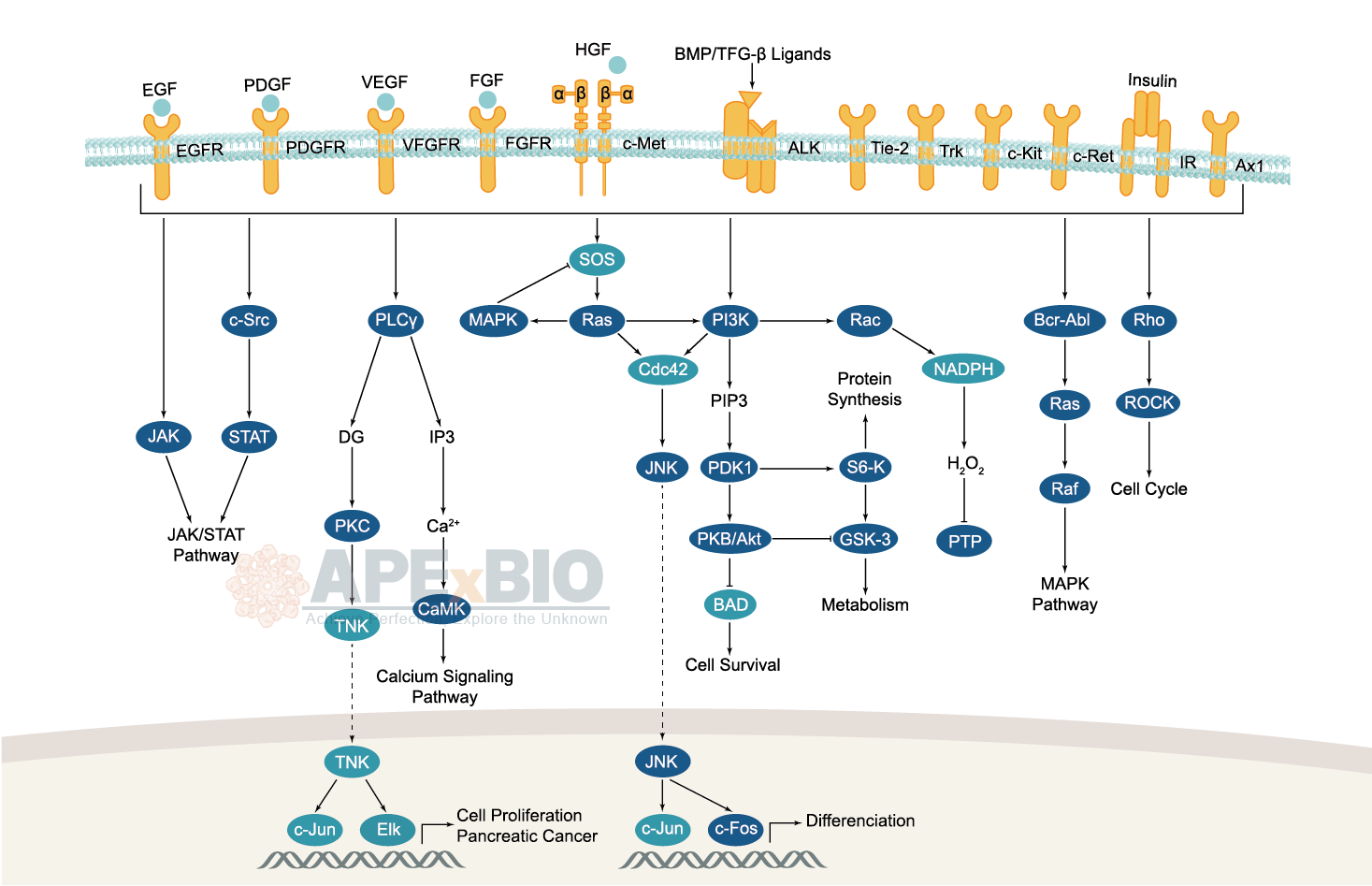
Receptor tyrosine kinases bind to extracellular ligands/growth factors, which promotes receptor dimerization and autophosphorylation of receptor tyrosine residues. This triggers a cascade of downstream events through phosphorylation of intracellular proteins that ultimately transduce the extracellular signal to the nucleus, causing changes in gene expression. Receptor tyrosine kinases include EGFR/ErbB, PDGFR, VEGFR, FGFR and MET subfamilies etc. Dysfunctions in tyrosine phosphorylation are linked to oncogenic transformation. In additions, various adaptor and effector proteins couple to carboxy-terminal of an active kinase. For instance, binding of the GRB2 adaptor protein activates EGFR and MAPK/ERK signaling.
Non-receptor tyrosine kinases involve many well-defined proteins (e.g. the Src family kinases, c-Abl, and Jak kinases) and other kinases which regulates cell growth and differentiation. For example, Src family kinases are curial for activating and inhibitory pathways in the innate immune response.
-
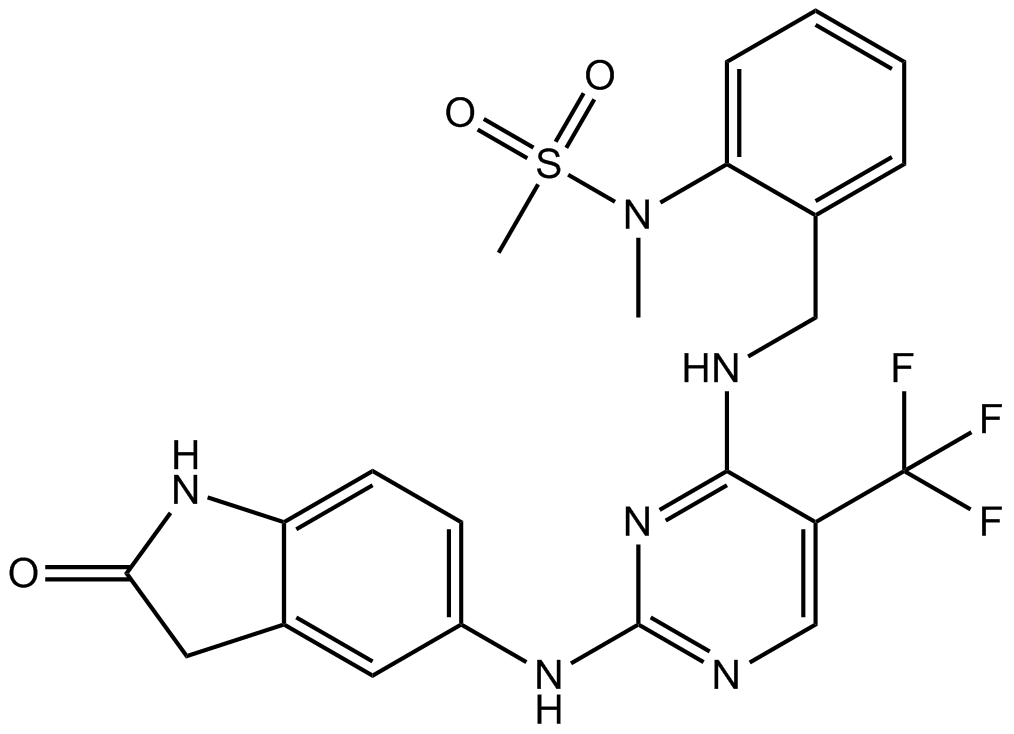 A8692 PF-431396Summary: Pyk2 and FAK inhibitor
A8692 PF-431396Summary: Pyk2 and FAK inhibitor -
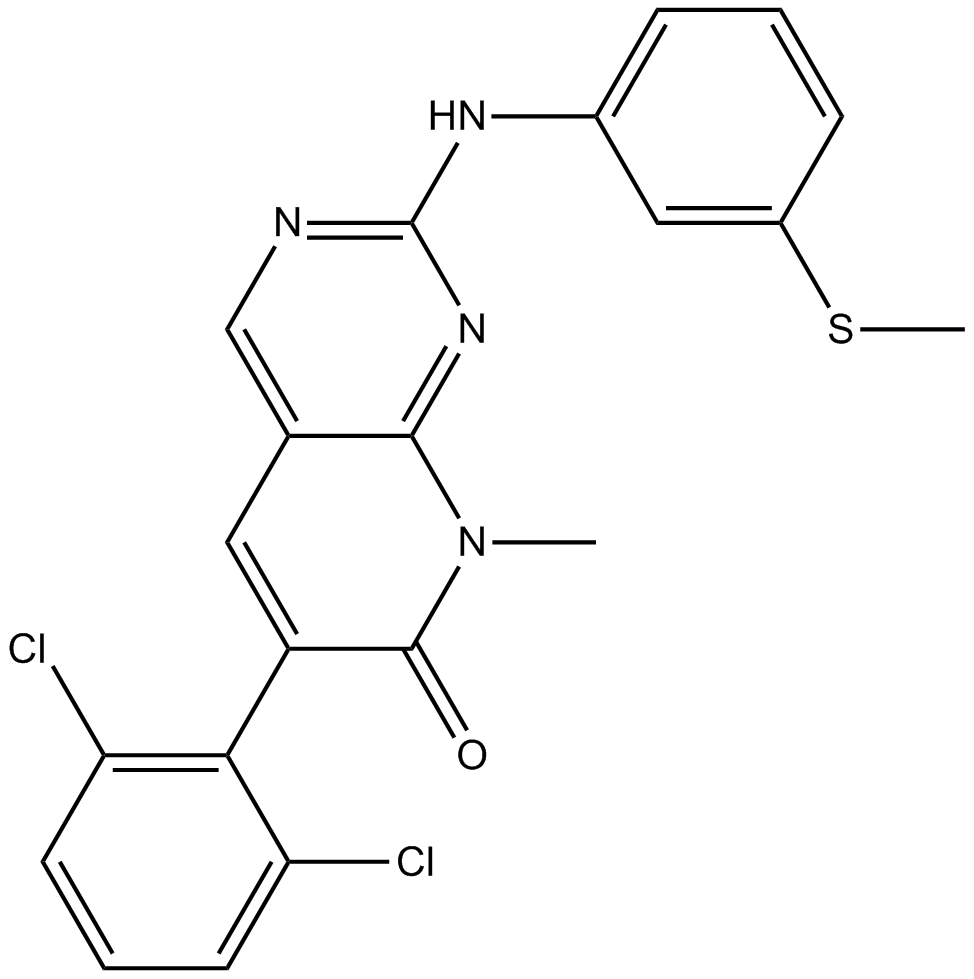 A8812 PD173955Target: Bcr-Abl|SrcSummary: Dual Src/Abl kinase inhibitor, ATP-competitive,
A8812 PD173955Target: Bcr-Abl|SrcSummary: Dual Src/Abl kinase inhibitor, ATP-competitive, -
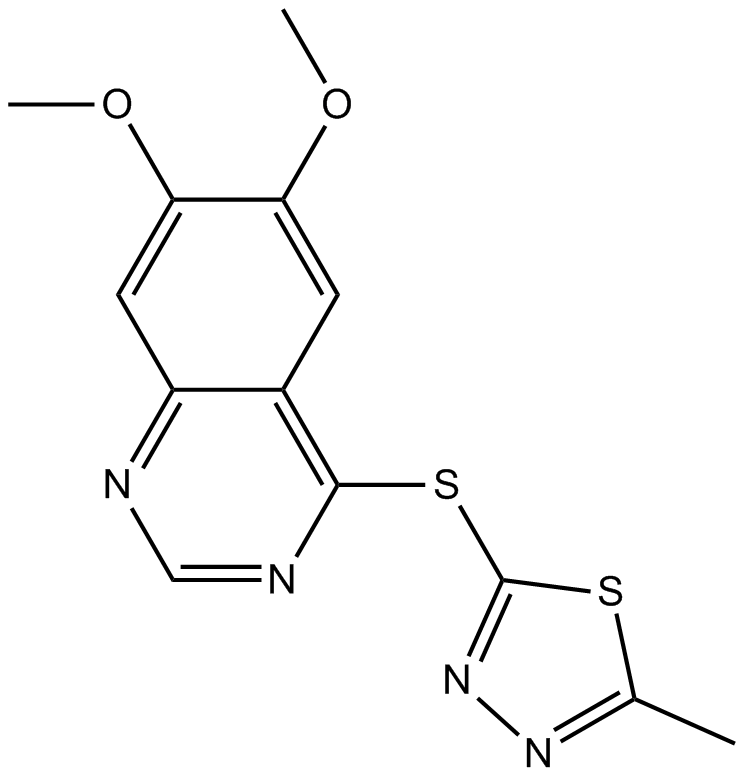 B1305 SKLB1002Summary: VEGFR2 inhibitor,potent and ATP-competitve
B1305 SKLB1002Summary: VEGFR2 inhibitor,potent and ATP-competitve -
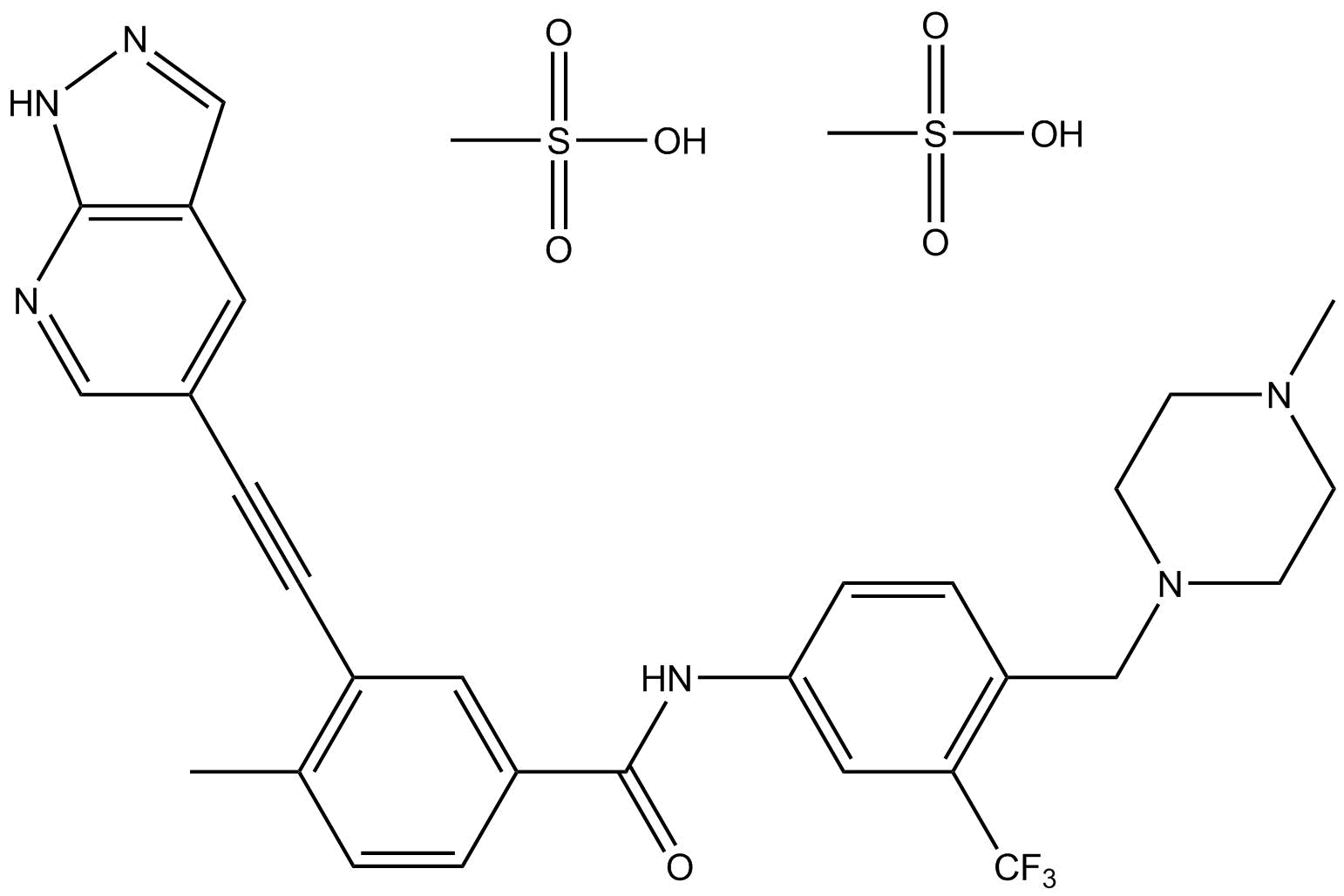 B1402 GZD824Target: Bcr-AblSummary: Bcr-Abl inhibitor,novel orally bioavailable
B1402 GZD824Target: Bcr-AblSummary: Bcr-Abl inhibitor,novel orally bioavailable -
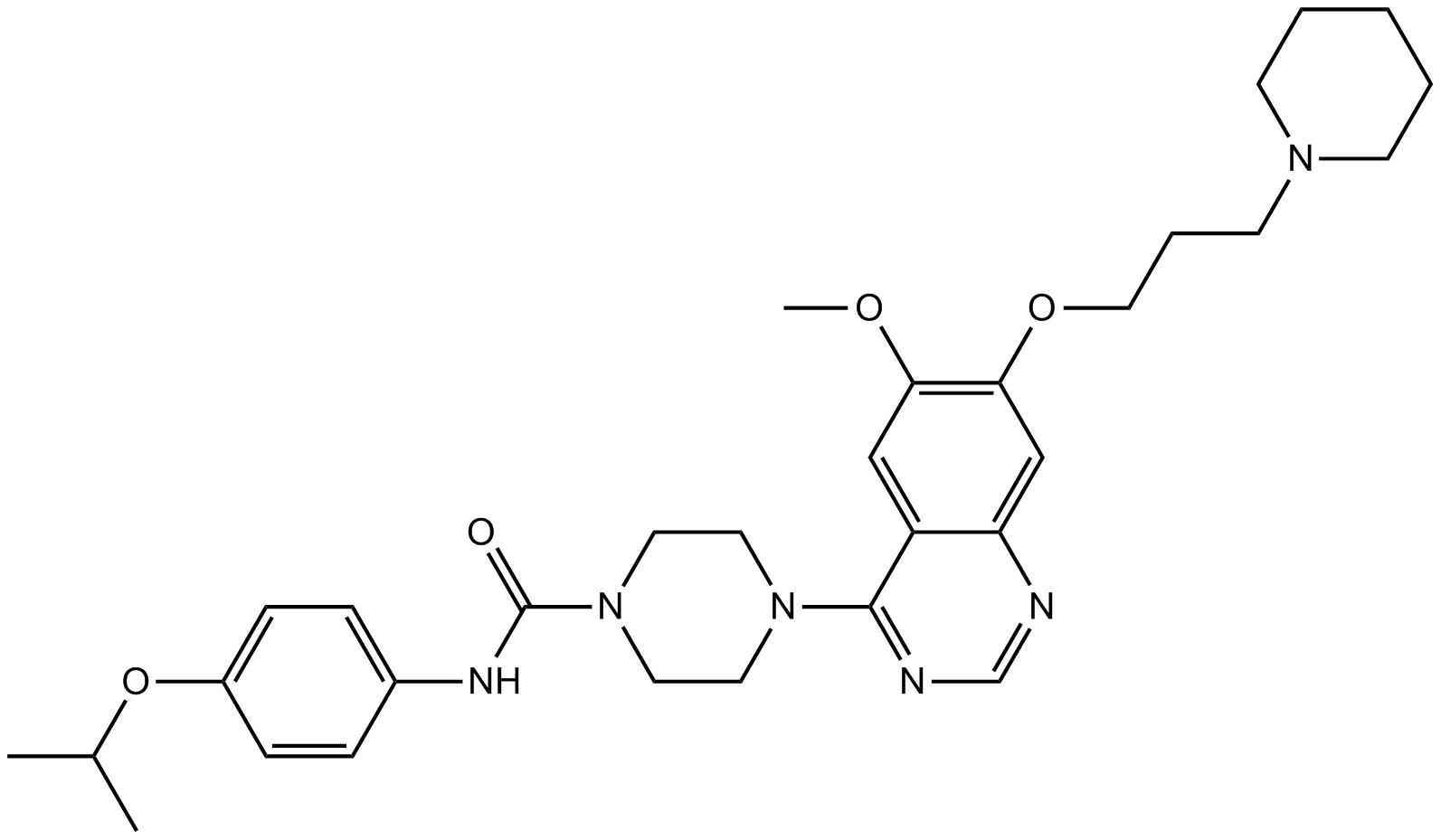 B1526 Tandutinib (MLN518)Summary: FLT3 inhibitor,potent and selective
B1526 Tandutinib (MLN518)Summary: FLT3 inhibitor,potent and selective -
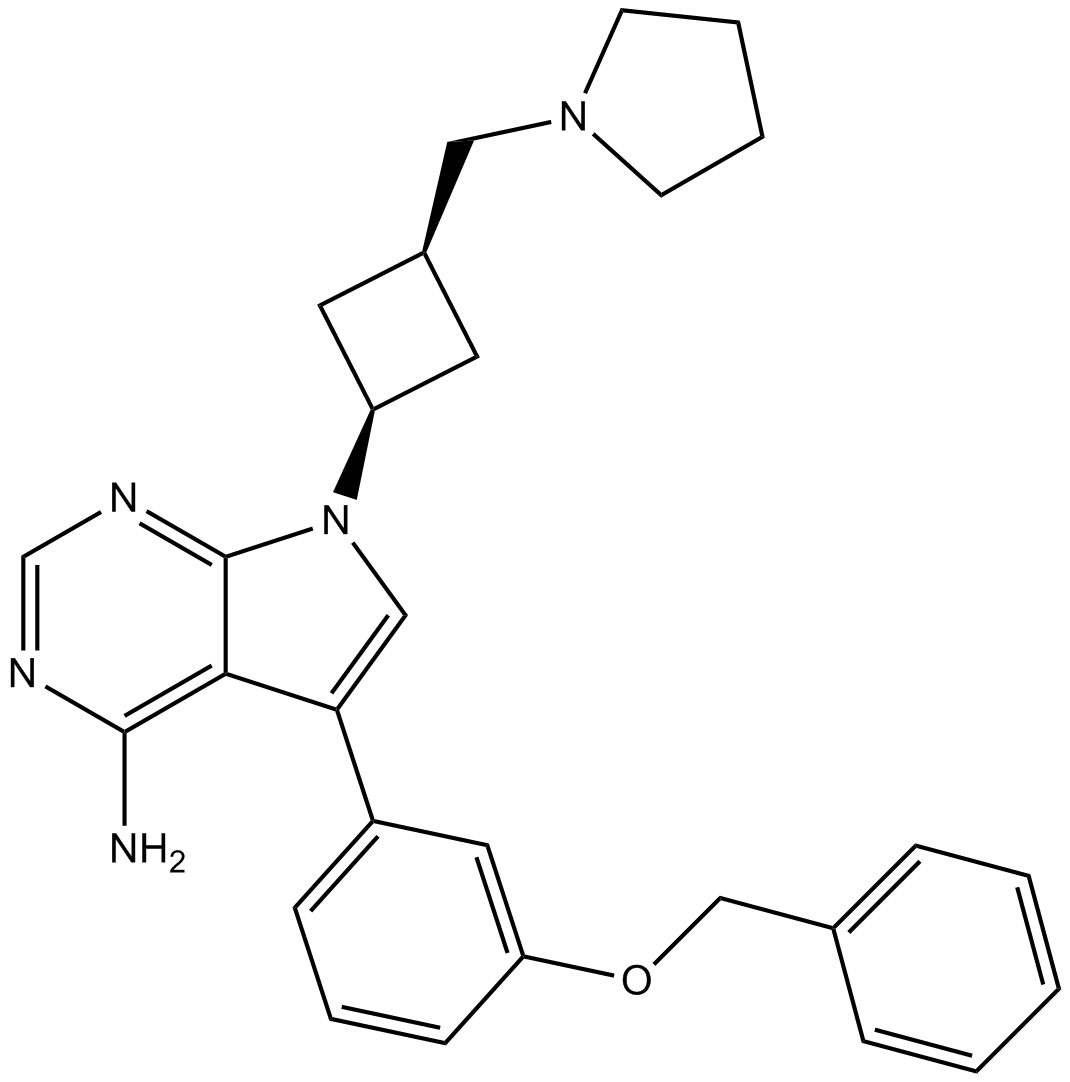 B1584 NVP-ADW742Summary: Selective IGF-1R inhibitor
B1584 NVP-ADW742Summary: Selective IGF-1R inhibitor -
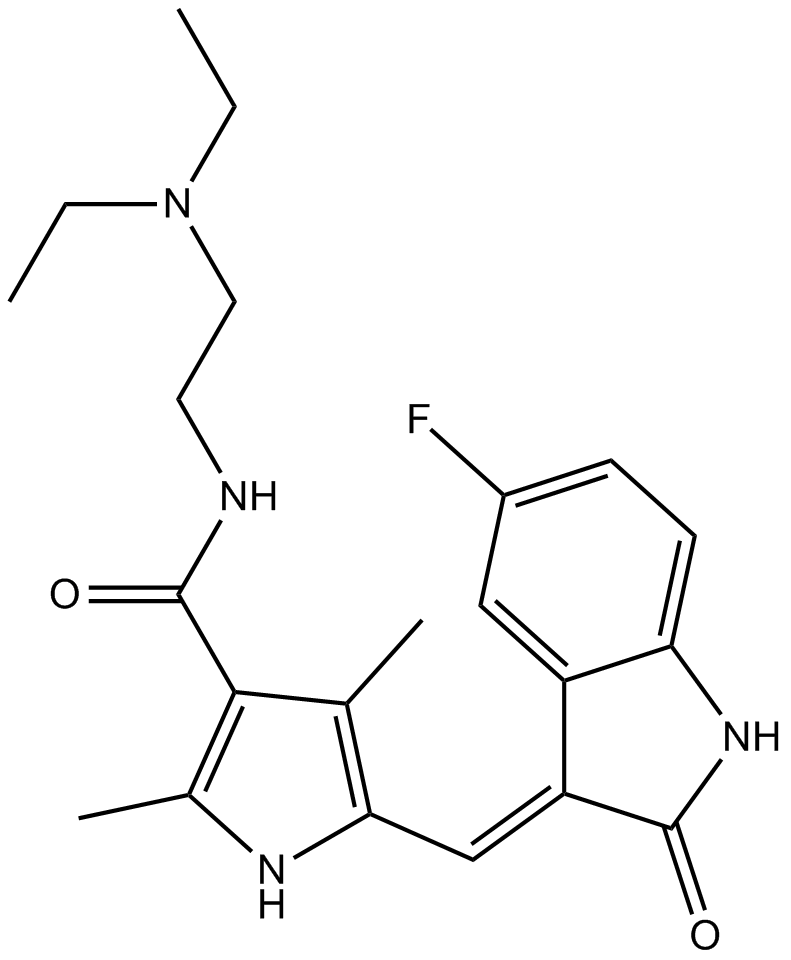 B1045 SunitinibSummary: RTK inhibitor
B1045 SunitinibSummary: RTK inhibitor -
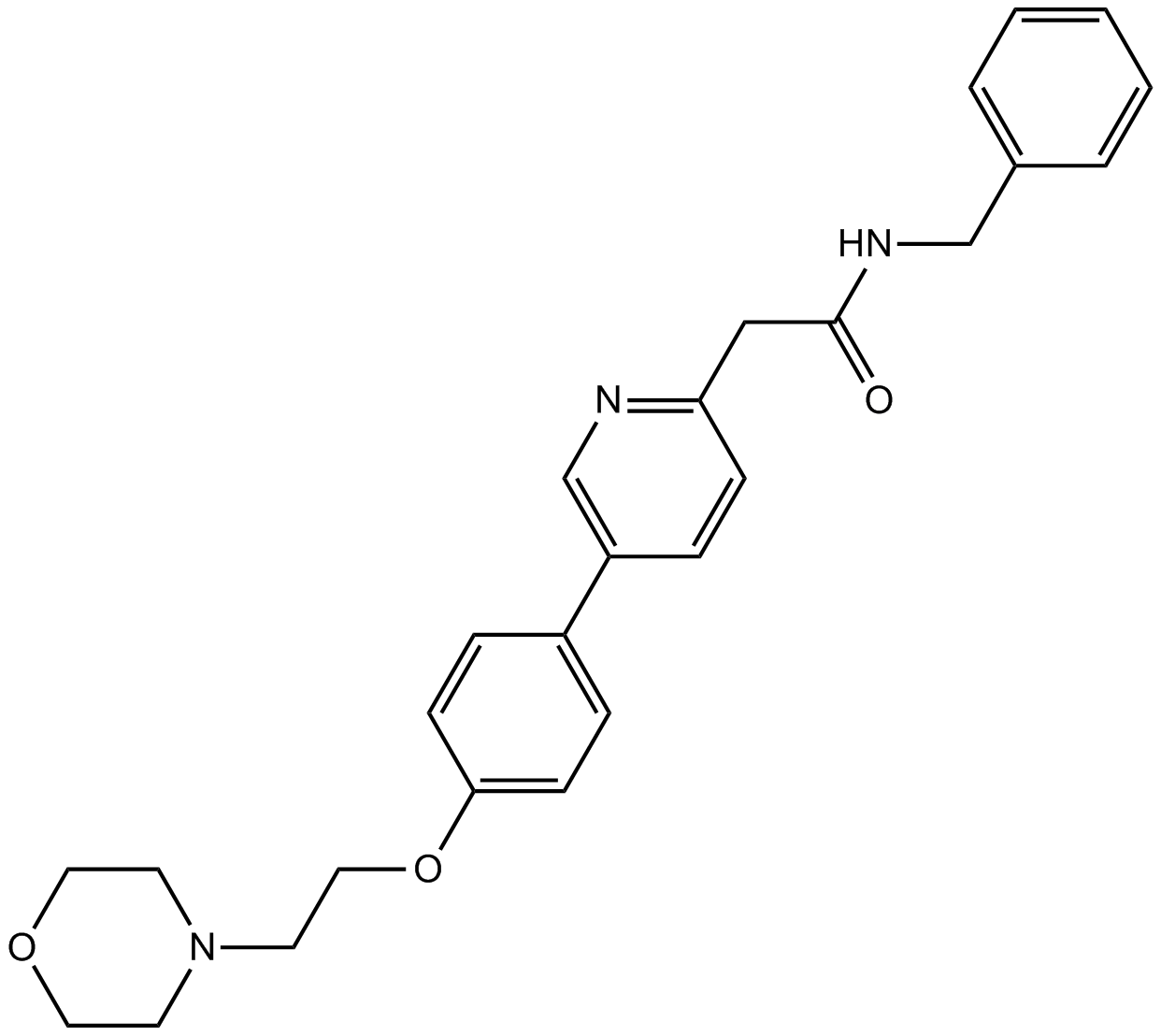 B2282 KX2-3911 CitationSummary: Src inhibitor,highly selective
B2282 KX2-3911 CitationSummary: Src inhibitor,highly selective -
 B1011 Bafetinib (INNO-406)2 CitationSummary: Bcr-Abl/Lyn tyrosine kinase inhibitor
B1011 Bafetinib (INNO-406)2 CitationSummary: Bcr-Abl/Lyn tyrosine kinase inhibitor -
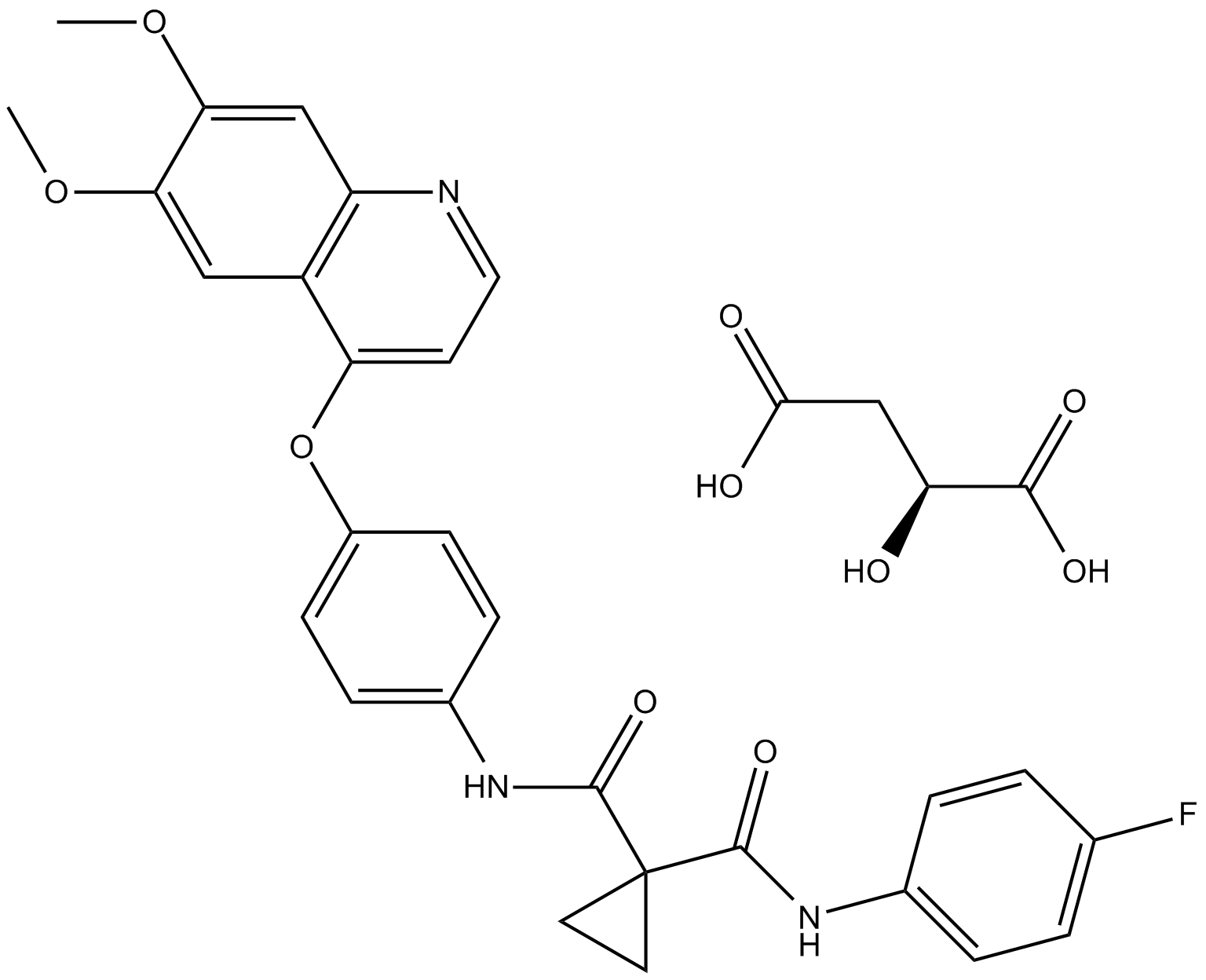 B1401 Cabozantinib malate (XL184)Summary: MET andVEGF receptor2 inhibitor
B1401 Cabozantinib malate (XL184)Summary: MET andVEGF receptor2 inhibitor

